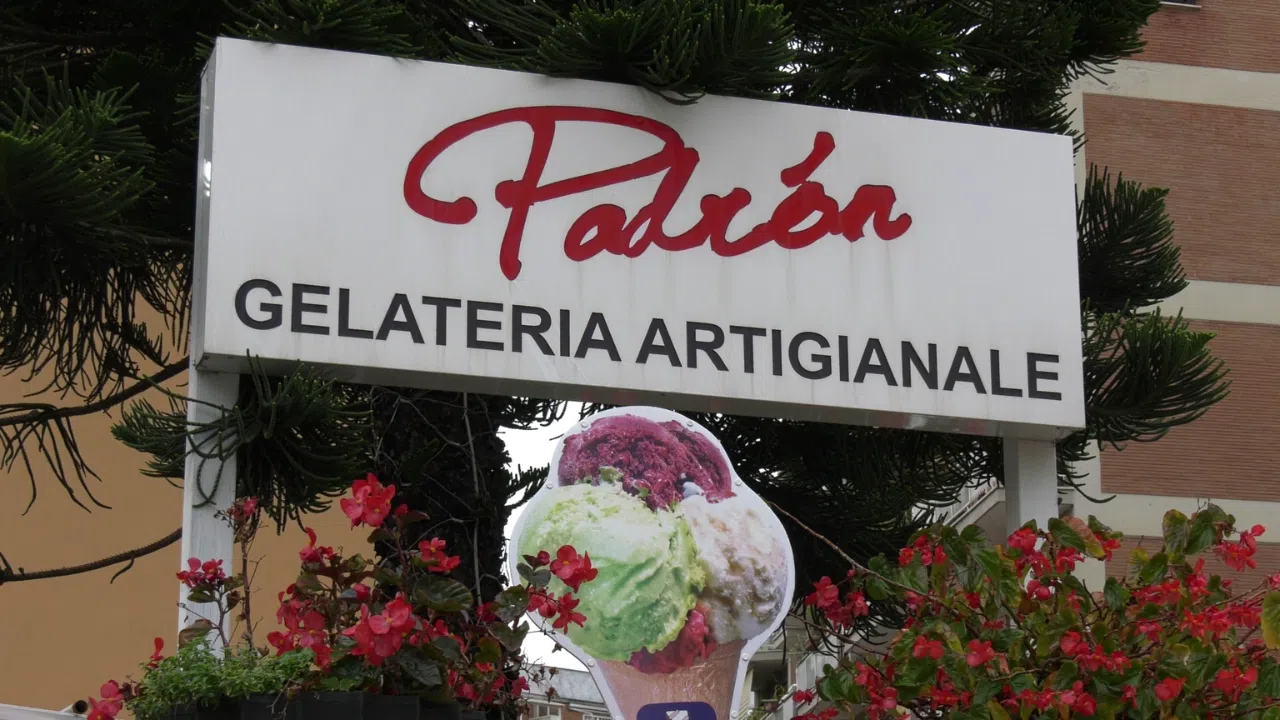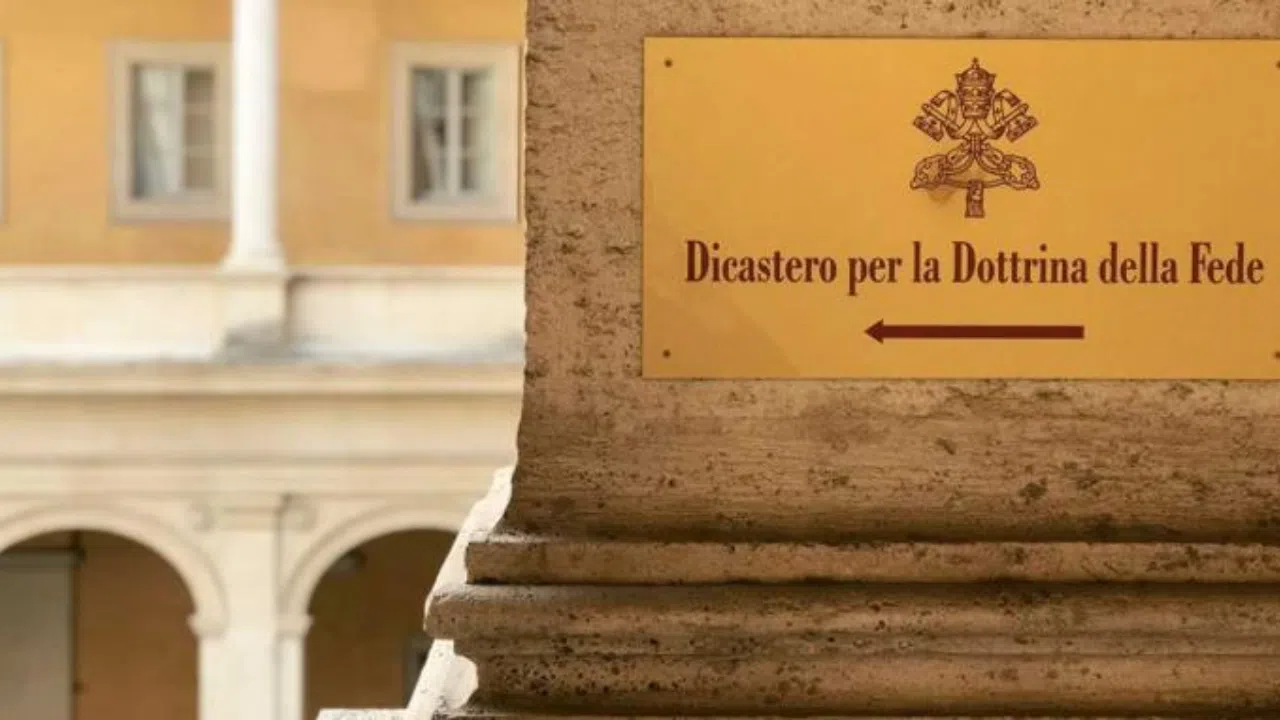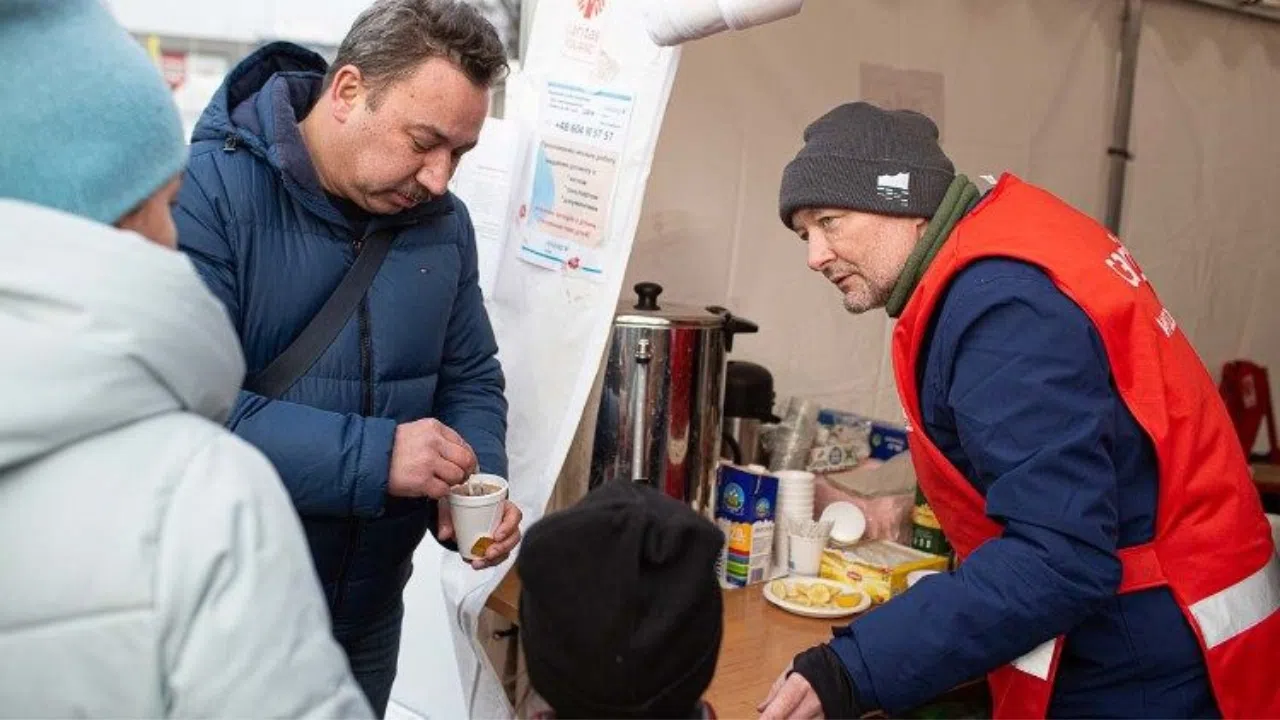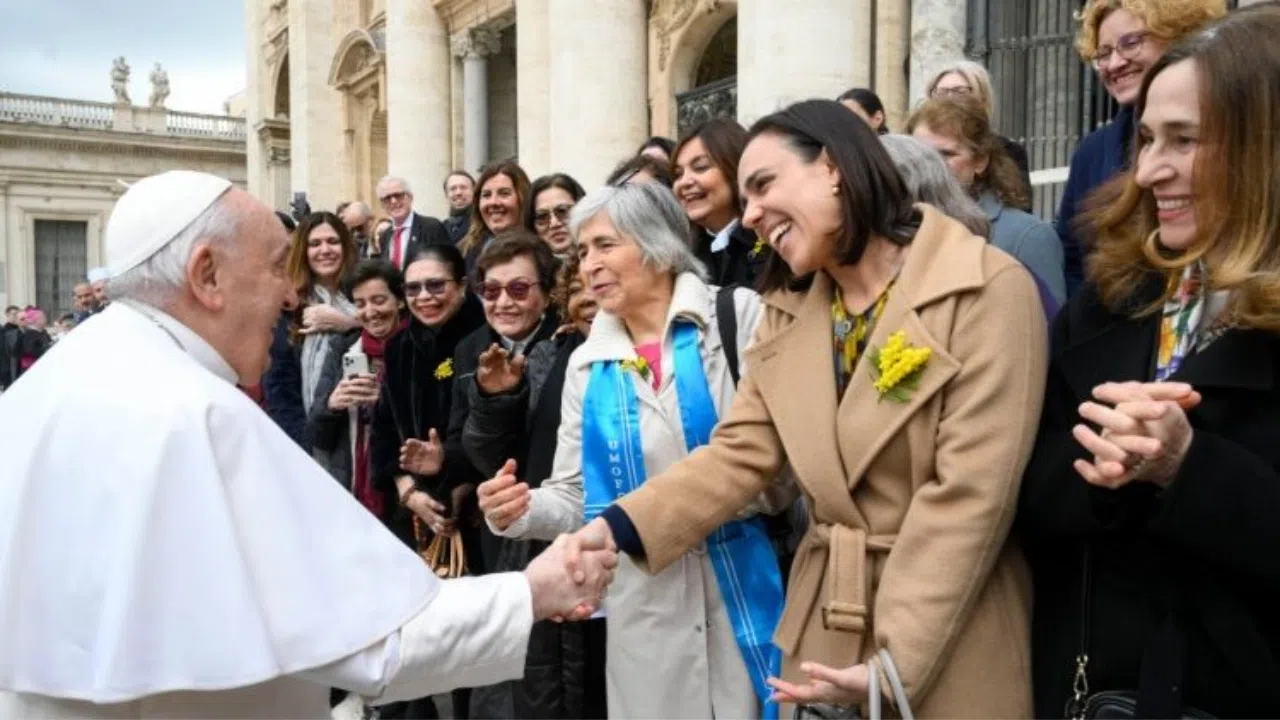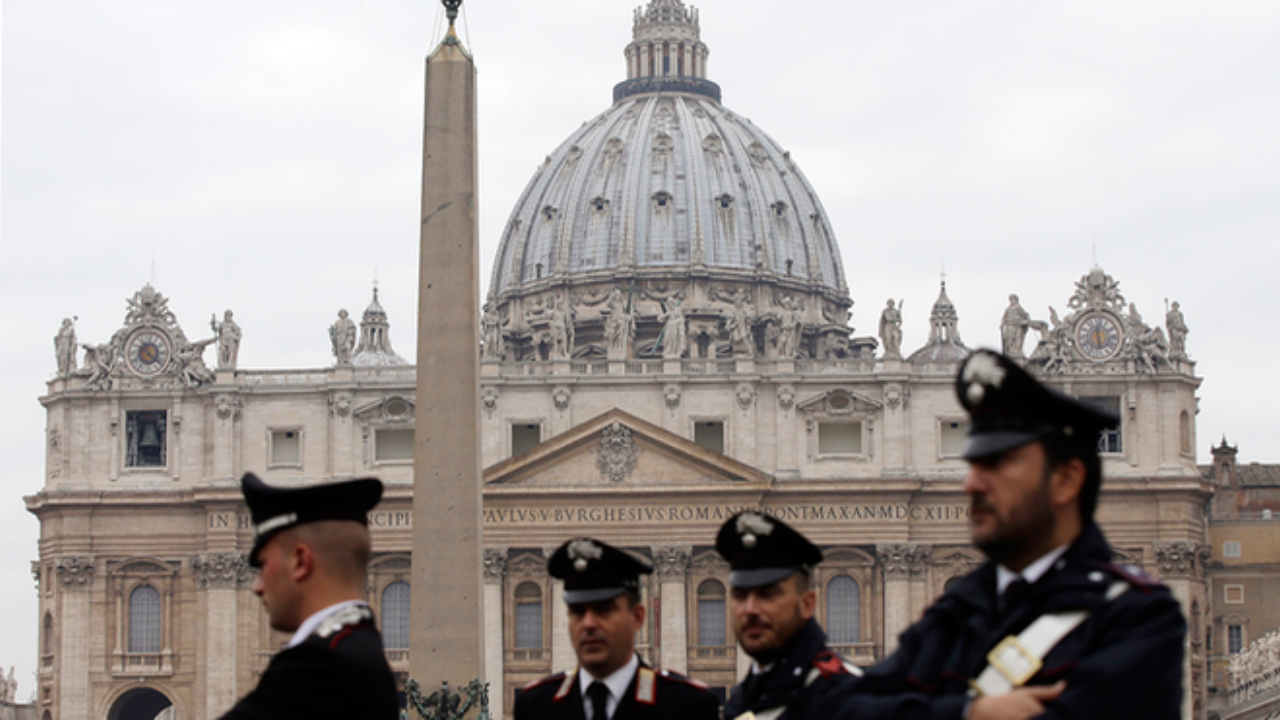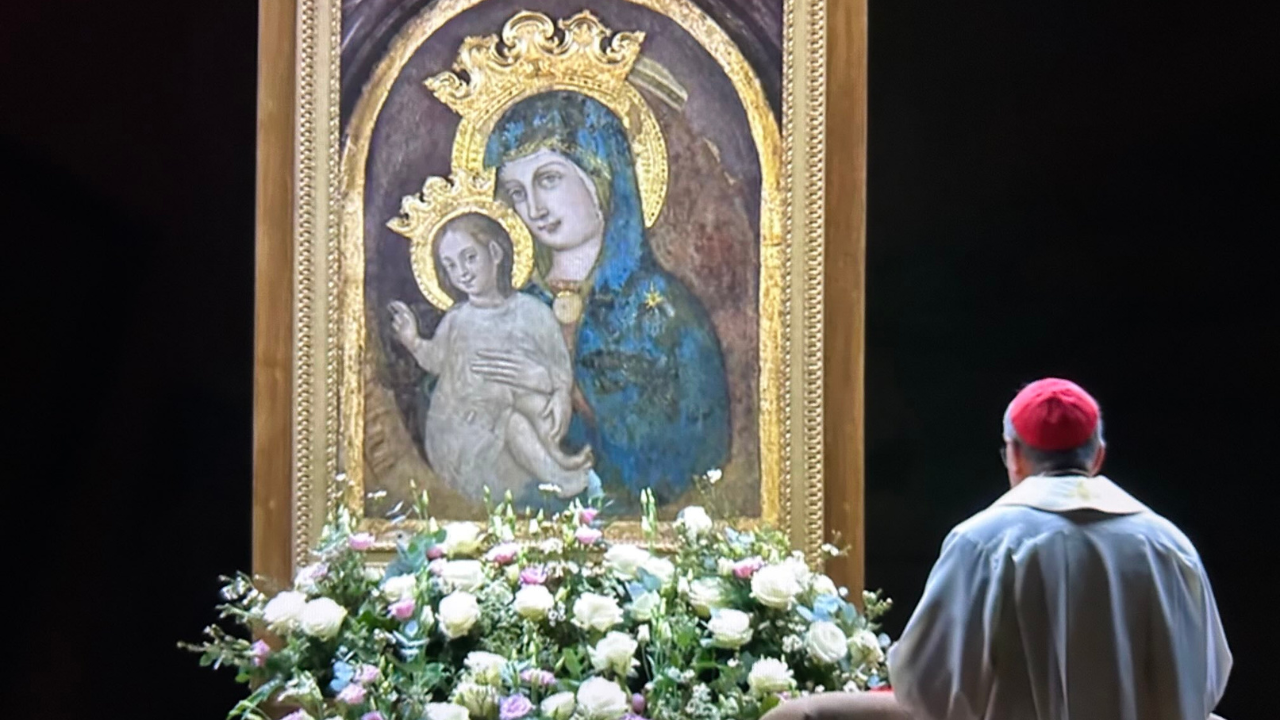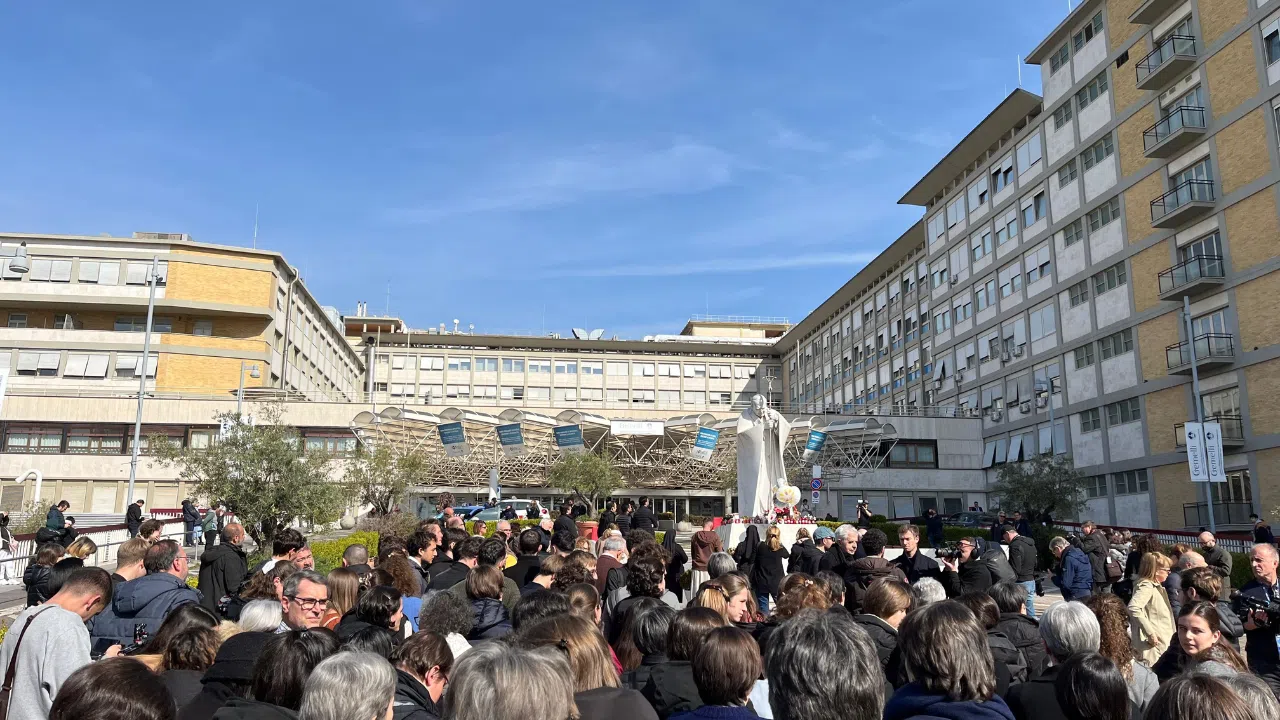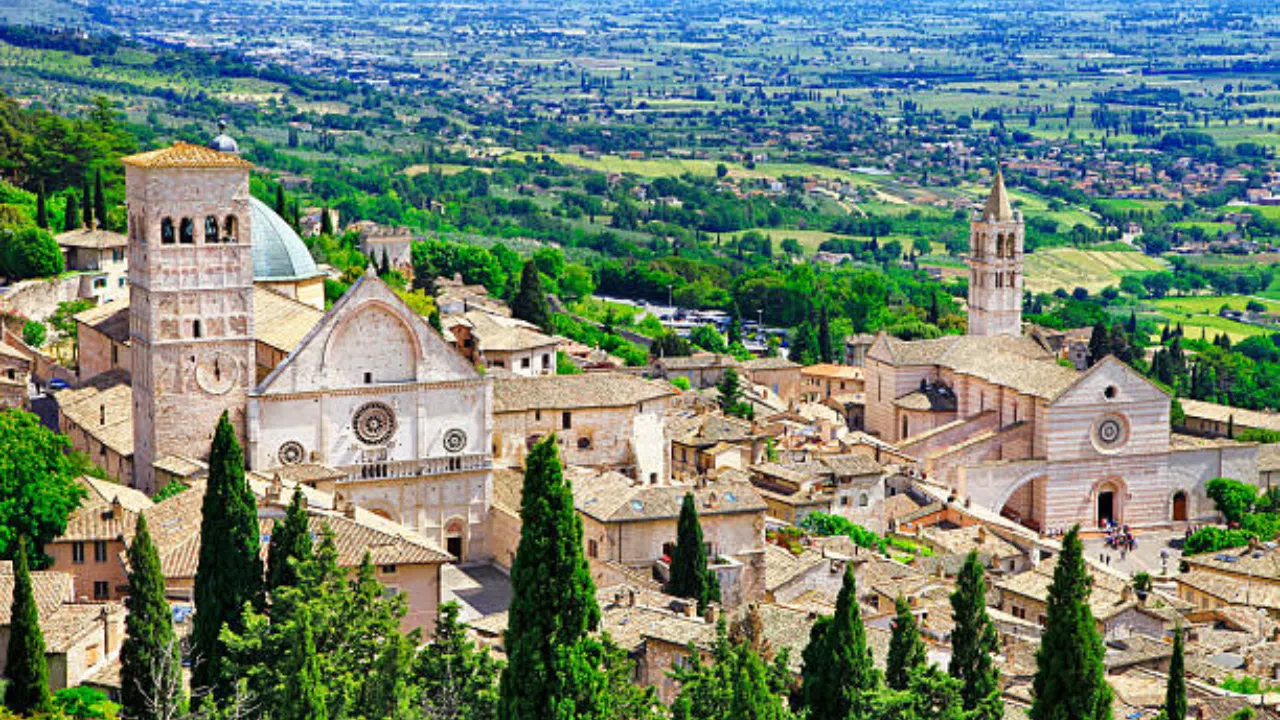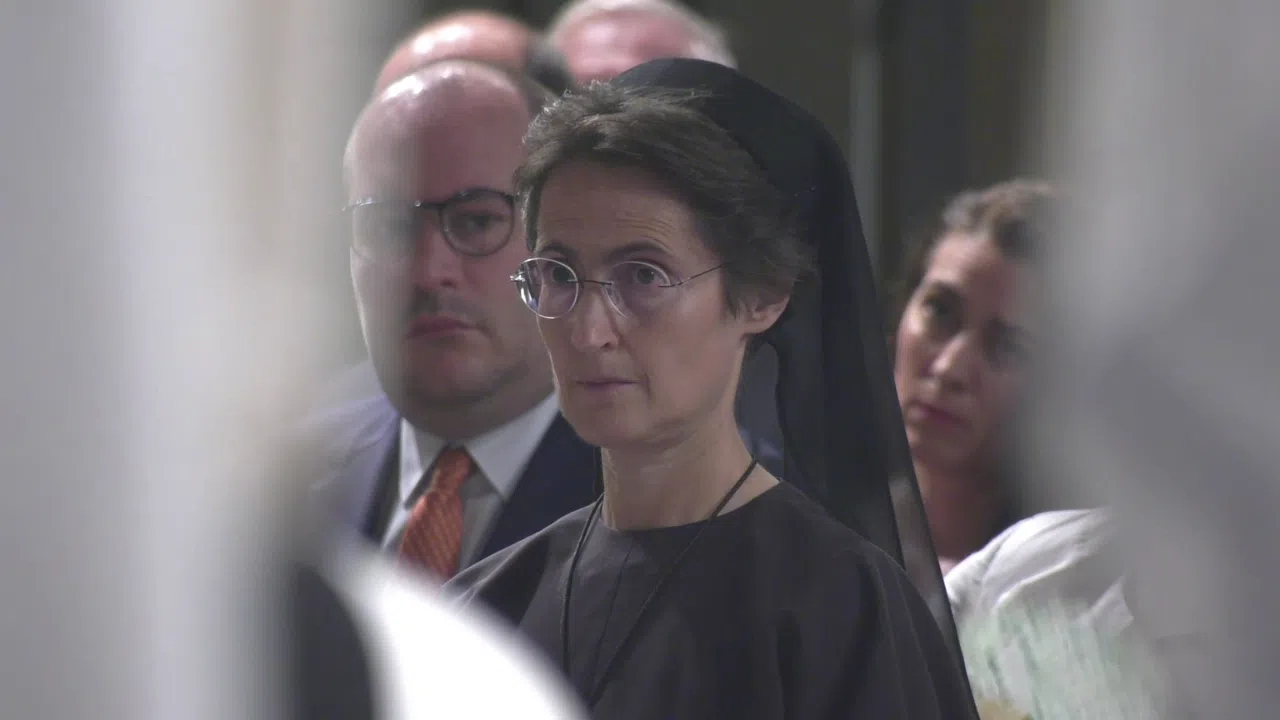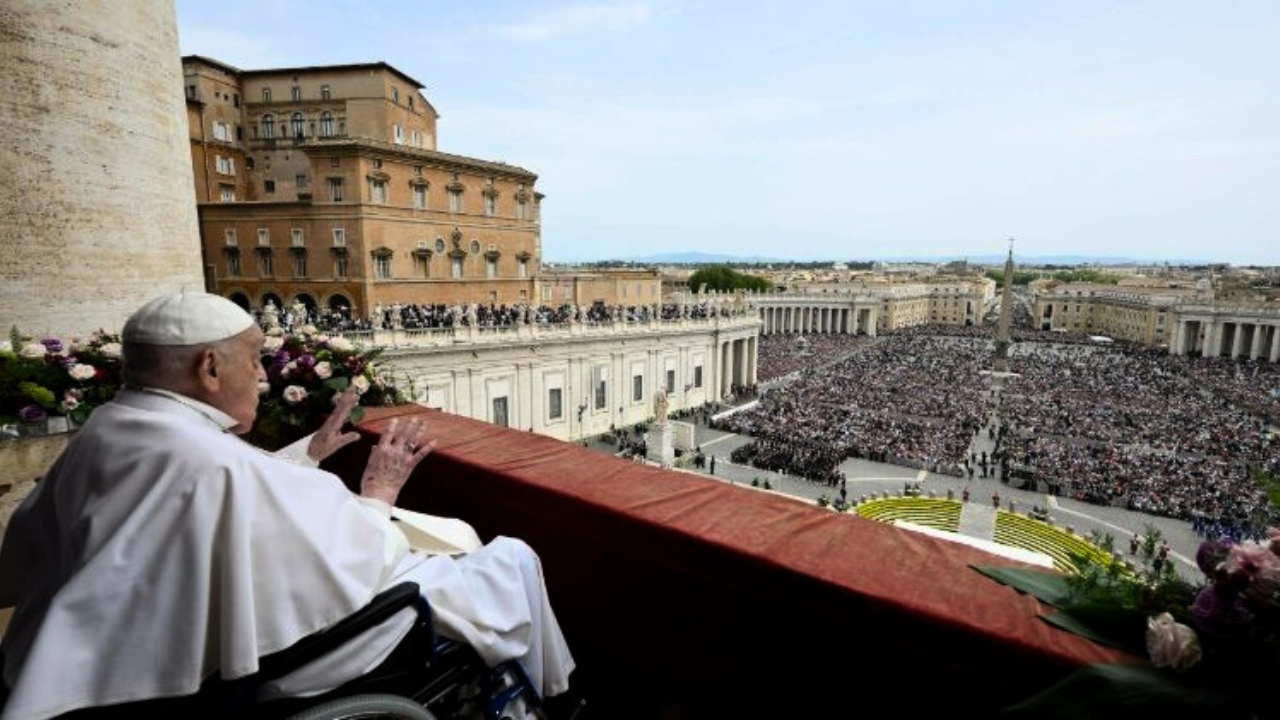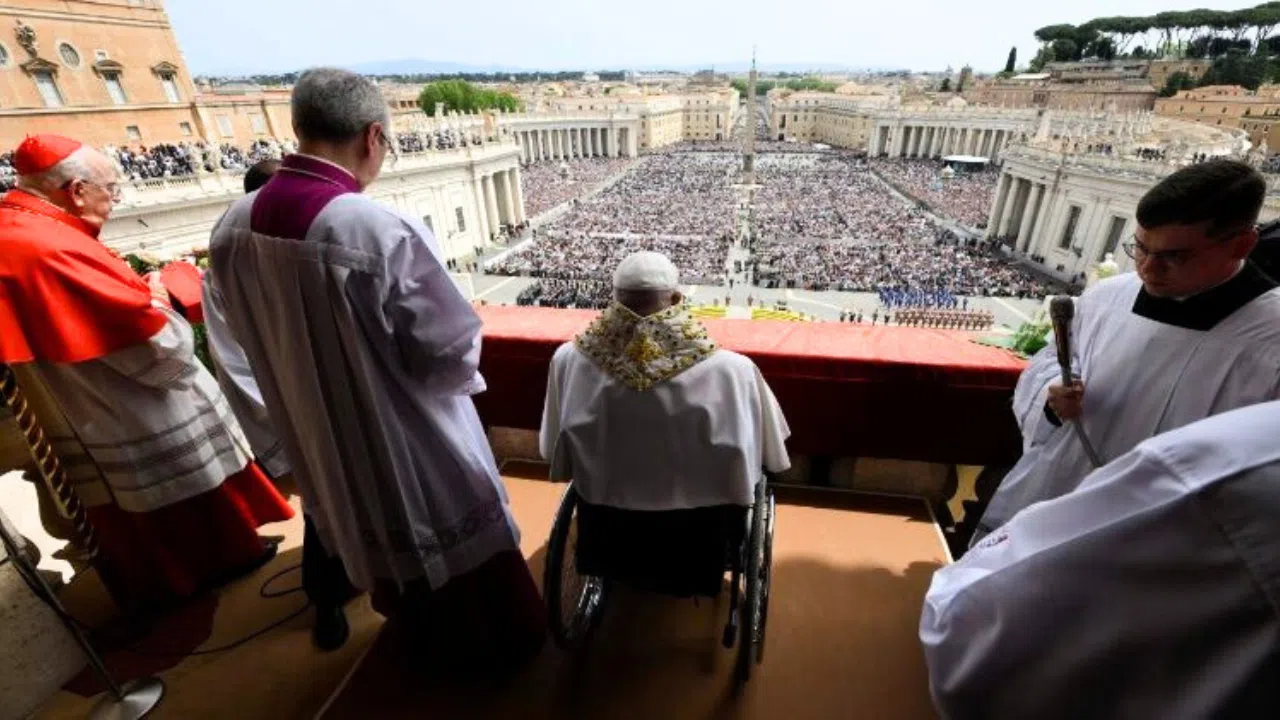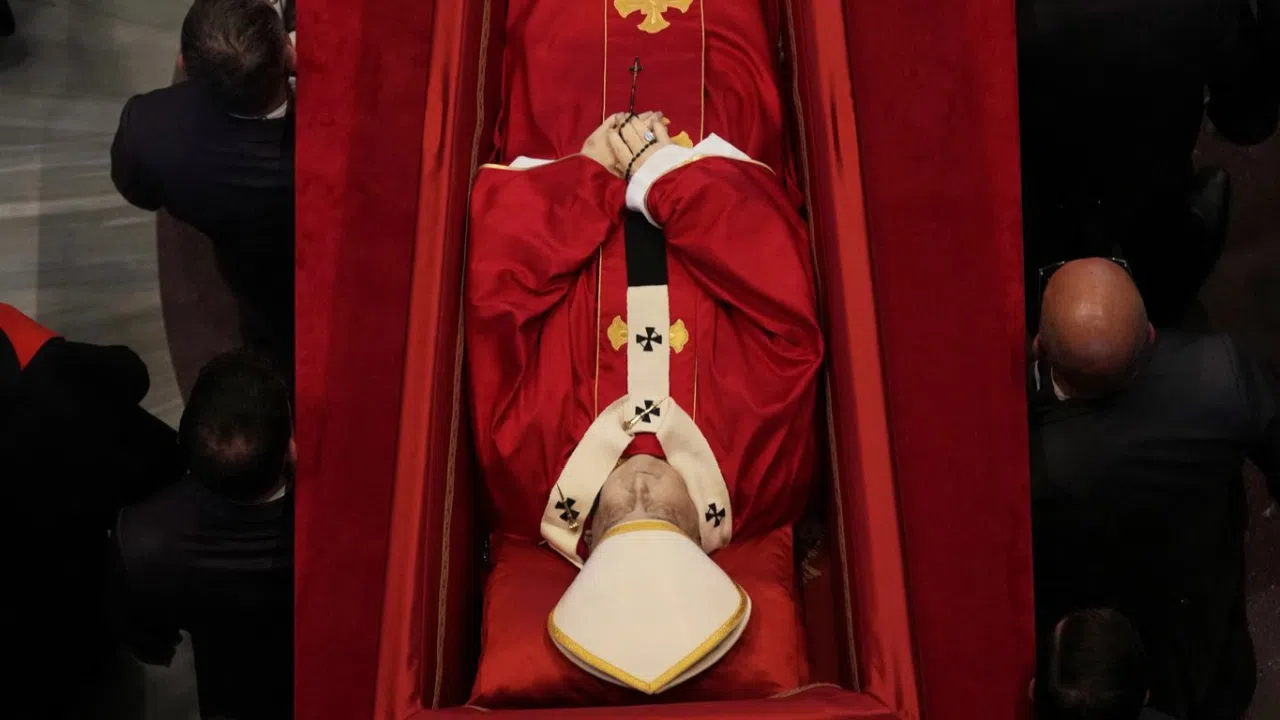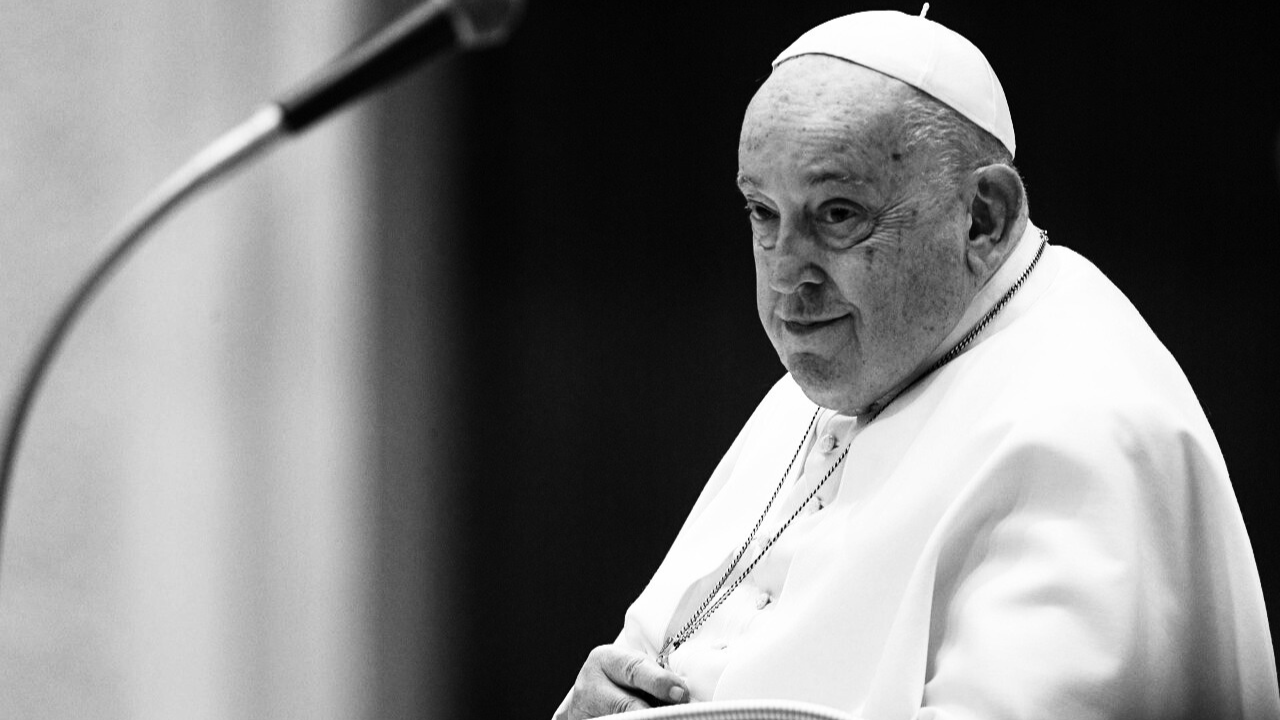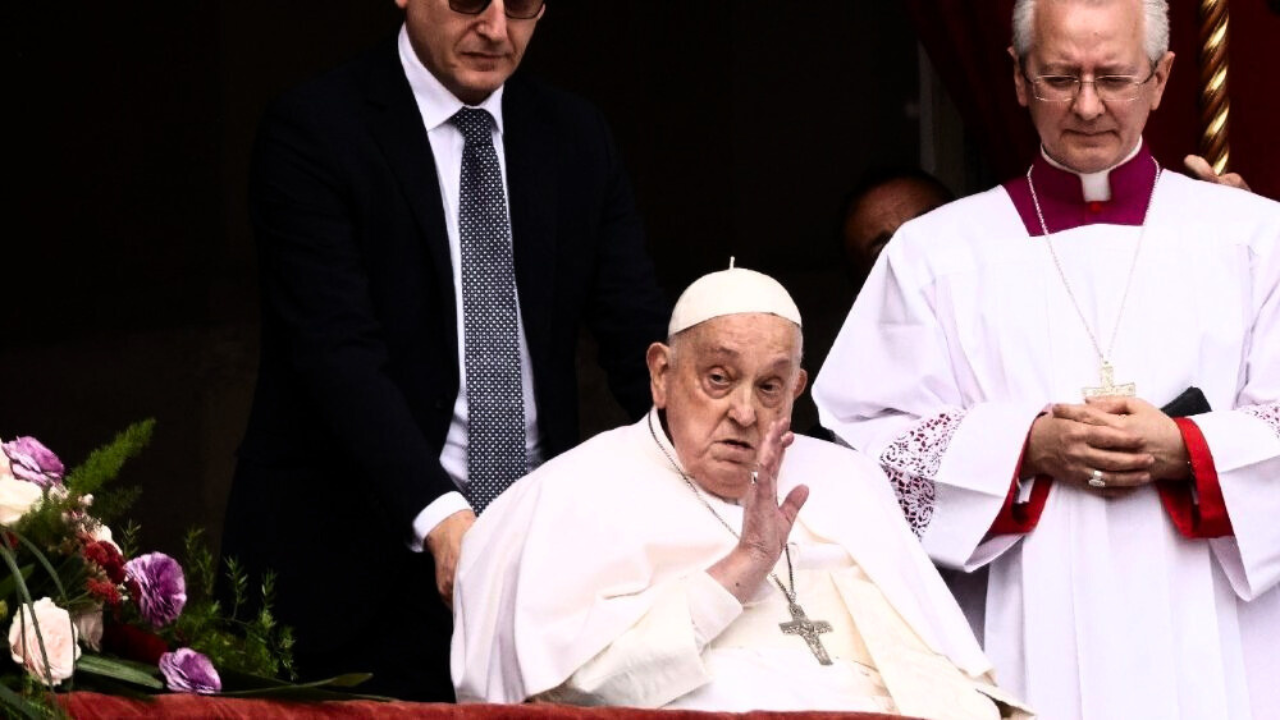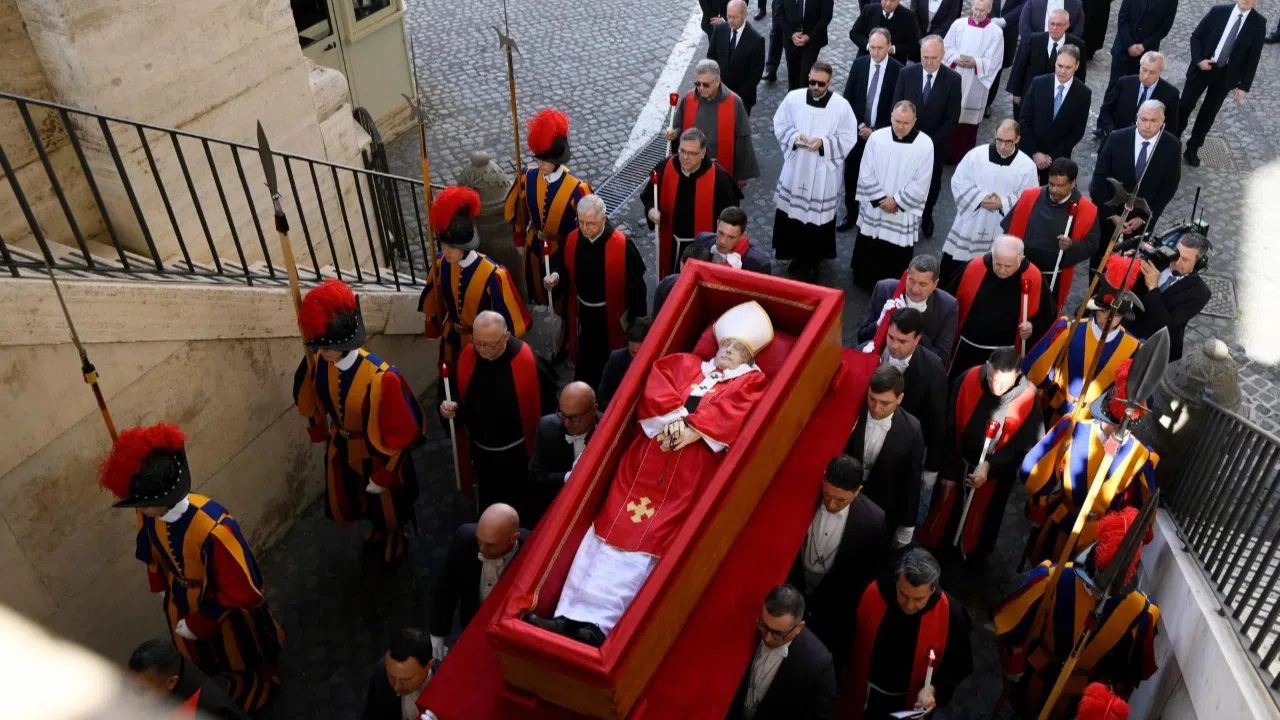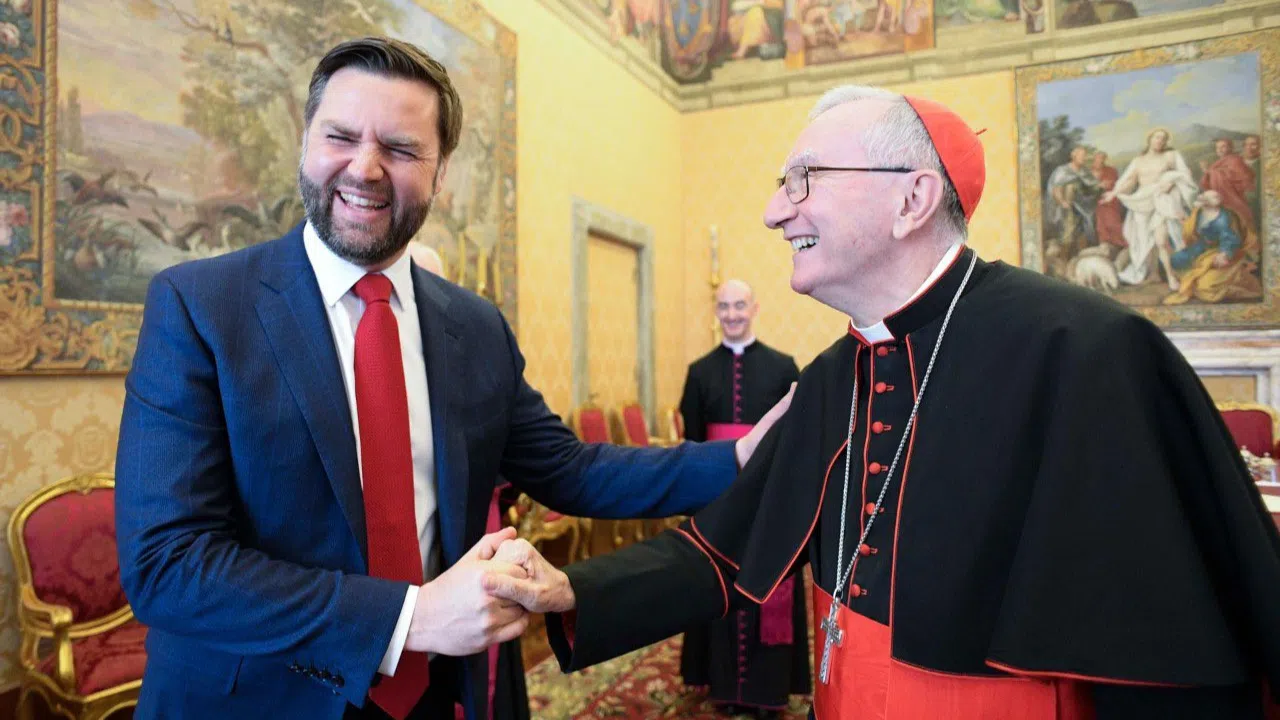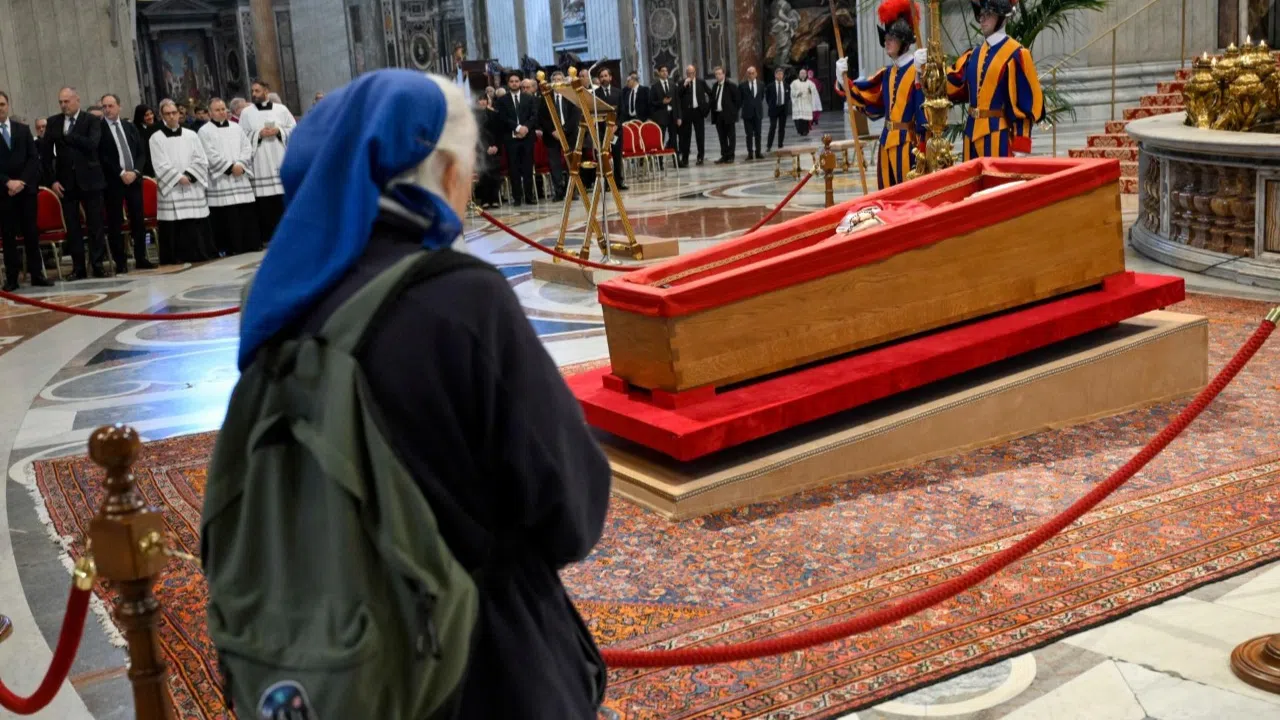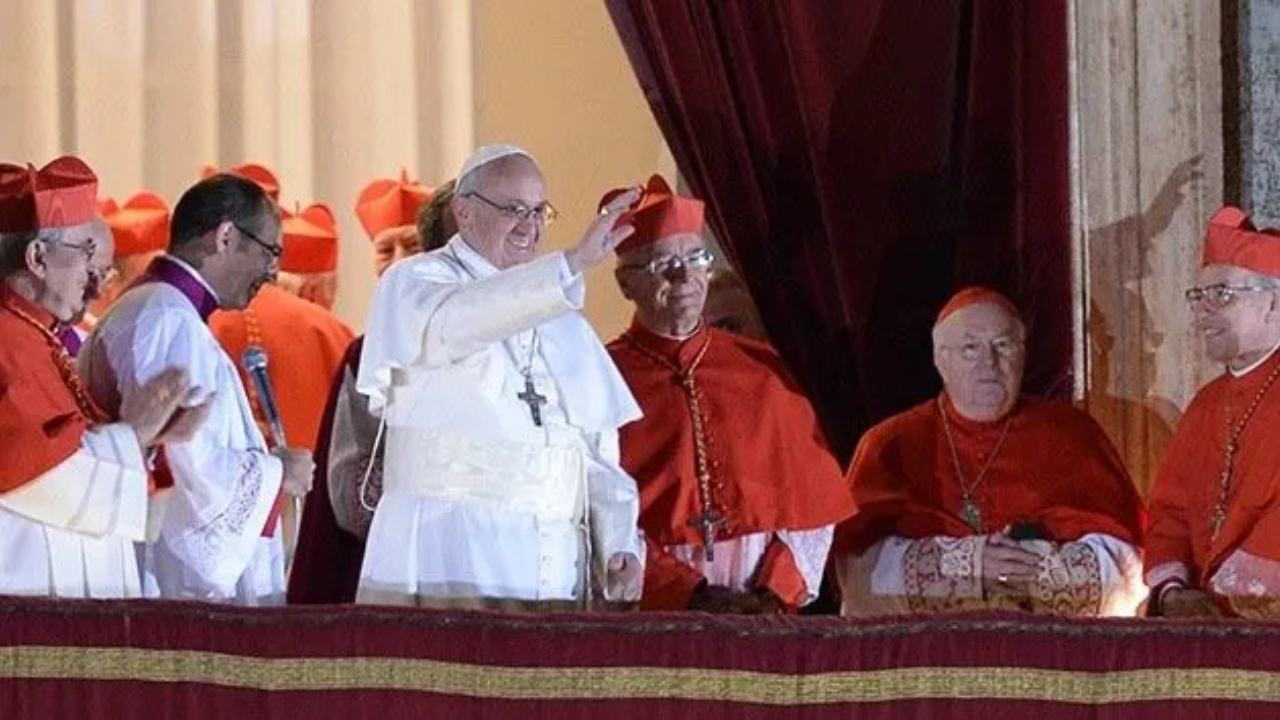Since March 2014, more than 5,000 people have been infected with Ebola in Liberia. Roughly half of them have died. Msgr. Robert Vitillo stayed in the country for two months. He saw the effects this illness has on communities, families and children.
MSGR. ROBERT J. VITILLO
Health Adviser, Caritas Internationalis
'I was staying at a local Catholic college and almost everyday another staff person came to say: 'My sister was taken away last night, my aunt died yesterday, my uncle died...' And so these multiple loses, this is a real psychological trauma.â?
Now, it's fear that's taking over the country of 4 million people. Infected or not, there's a worry to have any type of physical contact with others. There's also stigma or discrimination, among those who were cured from the disease.
MSGR. ROBERT J. VITILLO
Health Adviser, Caritas Internationalis
'One priest told me that he was going to visit the Ebola patients, you know, from a distance, not touching them. But his parishioners told him to stop doing that because they were afraid he would get infected and then infect them.â?
The effects of Ebola are affecting not just people's health, but also the economy of countries that are already impoverished. Now NGO's, the United Nations and Caritas, are trying to help with the economic hardships of this illness.
MSGR. ROBERT J. VITILLO
Health Adviser, Caritas Internationalis
'All the schools are closed, many of the hospitals are closed and the clinics are closed. Government workers who are considered non-essential don't work anymore, so they're not making salaries, and people don't have enough money to buy food for their families and help them survive.â?
The Catholic Church already manages 18 health centers in Liberia. Msgr. Vitillo says education and prevention should also be a priority in Sierra Leon and Ghana. The more the international community helps, the easier it will be to stop the threat of this deadly disease.
PM/KLH
AA/Unifeed
JM
-PR
Up:JRB
#World

